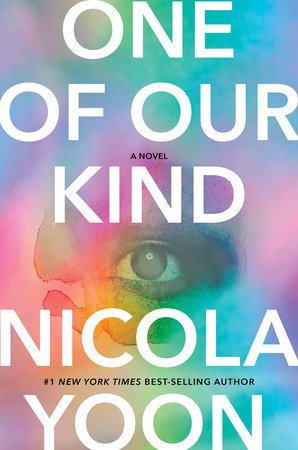The first thing Jasmyn notices about the older Black woman on her front doorstep is that her hair is . Not . Meaning that every six to eight weeks or so the older woman goes to a hair care salon and sits in a chair while a hairdresser applies a chemical that some people—Jasmyn among them—call “creamy crack” to her hair.
The chemical transforms her natural, kinky, and beautiful hair into bone-straight locks. Jasmyn studies the woman’s hairline. It’s funny how much hair can tell you about the kind of person you’re dealing with.

To Jasmyn’s mind, using creamy crack is a sure sign of being an unenlightened Black woman. She finds that the practice is more common among the older generation. They steadfastly believe that taming their supposedly wild hair will make them more respectable.
Even her own mother hadn’t been immune. Right after Jasmyn graduated from college, when she decided she didn’t want her hair relaxed anymore, her mother warned her off. “Let me tell you something,” she’d said.
“Nowadays, you young ones think times have changed. You think you can be Black as you want, but I’m telling you, your bosses will judge you behind your back. To your face, they’ll say how nice your hair is.
Meanwhile it’s the girl with straight hair or the weave getting promoted. You mark my words,” she said. That had been one of the last conversations they had.
Her mother had a heart attack and died a few months later. Jasmyn feels the familiar grief as an e.
















